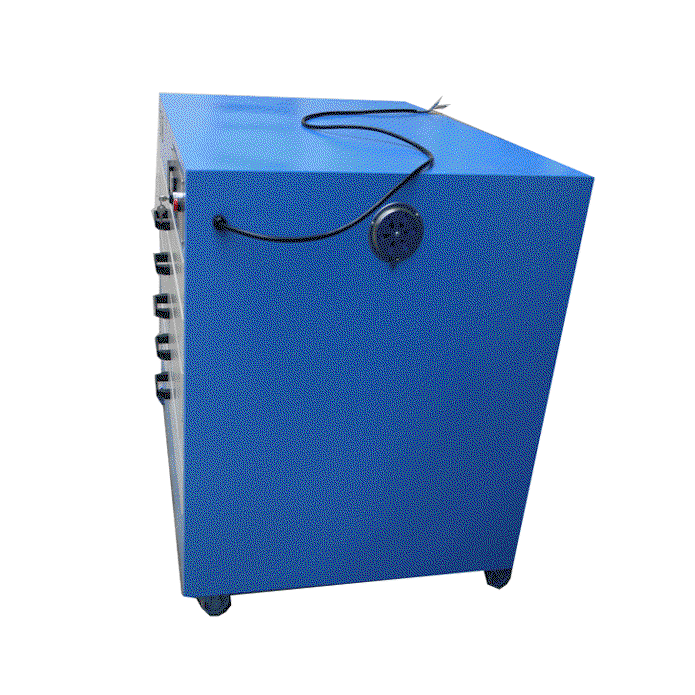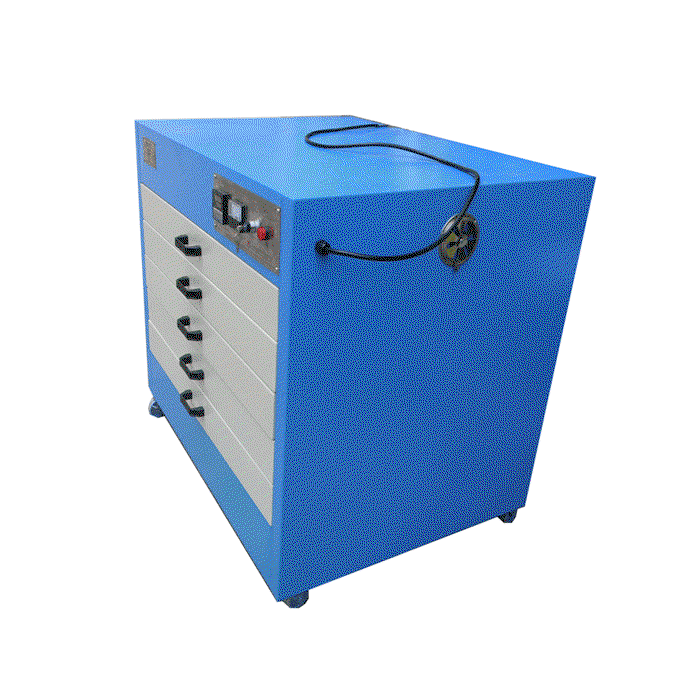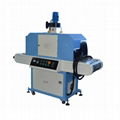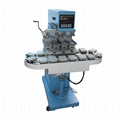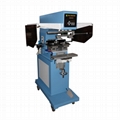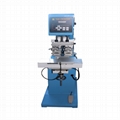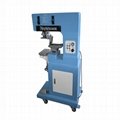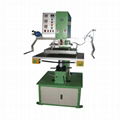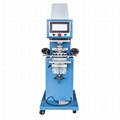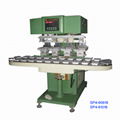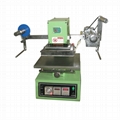| Model: | SM-D2 |
|---|---|
| Brand: | LC |
| Origin: | - |
| Category: | Industrial Supplies / Plate Making & Printing Machine |
| Label: | Drying oven , drying closet , drying machine |
| Price: |
US $1250
/ pc
|
| Min. Order: | 1 pc |
Product Description
Functions of screen drying box:
Remove moisture
• Enhance screen performance: During screen washing, moisture will remain on the screen surface, which will affect the tension and stability of the screen. For example, moisture causes the mesh to swell, resulting in uneven tension. Drying can restore the normal tension of the screen and ensure printing accuracy. Before using the screen, the moisture must be removed.
• Ensure ink adhesion: Moisture will hinder the combination of ink and screen. After drying, the surface of the screen is dry, which is conducive to uniform adhesion of ink and makes the printed pattern clear and complete.
Accelerate curing
• Promote photosensitive glue curing: After the screen is coated with photosensitive glue, it is in a wet state. It is necessary to ensure that the photosensitive glue is dry before exposure to improve the printing durability and service life of the screen. The drying process can accelerate the curing of the photosensitive glue, so that it can better combine with the mesh, laying the foundation for the subsequent exposure process.
Structure of screen drying box:
Shell
It plays a role in supporting and protecting internal components, while preventing heat loss. It is usually made of metal materials, such as galvanized steel plates or cold-rolled steel plates, which are durable and not easy to deform.
Heating system
Provides heat for the drying process. Common heating methods include heating with electric heating wires or heating plates. When the electric heating wire is energized, it has a thermal effect, and the heat will radiate to the surroundings, thus forming a uniform temperature heat field in the inner cavity of the drying box.
Temperature control system
Accurately control the temperature in the drying box to ensure that the drying process is carried out within the set temperature range. It is generally composed of a temperature sensor, a controller and a display. The temperature sensor monitors the temperature in the box in real time and feeds the signal back to the controller. The controller adjusts the power of the heating system according to the difference between the set temperature and the actual temperature, and the display intuitively displays the current temperature value.
Ventilation system
Make the hot air in the drying box circulate, ensure the temperature in the box is evenly distributed, and accelerate the evaporation and discharge of water. The ventilation system usually includes a fan and a ventilation duct. The fan drives the air flow, and the ventilation duct guides the airflow direction so that the hot air can fully contact all parts of the screen.
Inner chamber
The inner chamber directly in contact with the screen is generally made of stainless steel. In order to achieve good heat insulation, the inner chamber wall will use asbestos board as an insulation layer to prevent unnecessary heat loss. The inner chamber will be made of stainless steel, which has good corrosion resistance and finish, and can prevent the inner chamber from rusting or impurities from contaminating the screen.
Grid
Used to place the screen, usually a multi-layer structure, which can dry multiple screens at the same time to improve drying efficiency. The grid is generally made of high-temperature resistant metal material to ensure that the screen can be stably supported in a high-temperature environment. The grid is mainly composed of two structures: flat screen and vertical screen.
|
Plate drying closet //Usage and characters |
||
|
Guide |
|
|
|
Application fields |
|
|
|
Plate drying closet //Parameter |
||
|
Technical parameters |
SM-D1 |
|
|
||
| SM-D2 | SM-D3 | |
|
|
|
|
Works supply |
|
|
|
Package list |
|
|
|
||
|
H.S.Code |
8443198000 |
|
|
Certicate |
CE |
|
|
Plate drying coset //Advantage |
||
|
Function |
|
|
| Summary: | In the traditional screen production process, there are several processes that need to be dried: 1) The drying of the screen adhesive layer after coating the photosensitive glue is mainly used to improve the adhesion between the photosensitive glue and the screen and prevent the separation of the photosensitive glue during the printing process 2) Drying after the screen is washed, on the one hand, accelerates the evaporation of water, on the other hand, it further strengthens the adhesive force of the photosensitive layer and improves the printing durability of the screen. |
|---|---|
Member Information
| LC industrial company Limited | |
|---|---|
| Country/Region: | Guang Dong - China |
| Business Nature: | Manufacturer |
| Phone: | 13038856308 |
| Contact: | Ms Rose (Sales Manager) |
| Last Online: | 21 Dec, 2024 |
Related Products of this Company
-
Plain UV Curing Machine
US $3400
-
Widely use Conveyor pad printer
US $3323
-
Cloth-label two colors pad printer with
US $2691
-
Lighter Shuttle pad printer
US $2397
-
Stand pad printer(P1-406)
US $1459
-
Movement-table Hot stamping machine
US $5846
-
Balloon screen printing machine
US $2100
-
Full motor precision pad printer
US $3353
-
Four colors pad printer with conveyor(
US $5235
-
Tabletop precision Flat Hot stamping
US $1477

